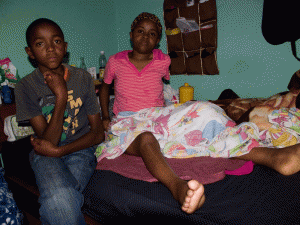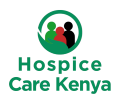 Thanks to advances in diagnosis and medical treatments, survival rates for most types of childhood cancer in developed countries have improved in recent years, with up to 80% of children surviving. However, this is in stark contrast to the situation in developing countries where less than 30% of children survive cancer.
Thanks to advances in diagnosis and medical treatments, survival rates for most types of childhood cancer in developed countries have improved in recent years, with up to 80% of children surviving. However, this is in stark contrast to the situation in developing countries where less than 30% of children survive cancer.
A study has recently been published on this topic by Moi Teaching and Referral Hospital in Western Kenya. Here less than 20% of children survive cancer, and their study revealed that the underlying reason for this inequality is poverty.
Families cited financial difficulties as the main reason why many children diagnosed with cancer did not start treatment or discontinued treatment. Many families were unable to afford the high cost of treatment or health insurance to cover the cost. Treatment is in general only available at urban centres and therefore families must pay to travel huge distances to access treatment at these hospitals. About 85% of patients’ families said that paying for cancer treatment had made other family expenses like education and food unaffordable. These families had to choose between paying for cancer treatment for a child, or feeding and educating the rest of the family; an impossible choice.
Low survival rates for cancer means a greater need for palliative care, as sadly for many children this becomes the only option. However, specialist palliative care services for children are also very limited. Only around 1% of children have access to appropriate palliative care that could greatly enhance their quality of life and death.
Whilst the health care system in Kenya develops to improve access to health insurance and cancer treatments, we want to fill the gap in provision of palliative care so that children no longer have to die in pain and isolation.
Please support us and help us to meet this need.
